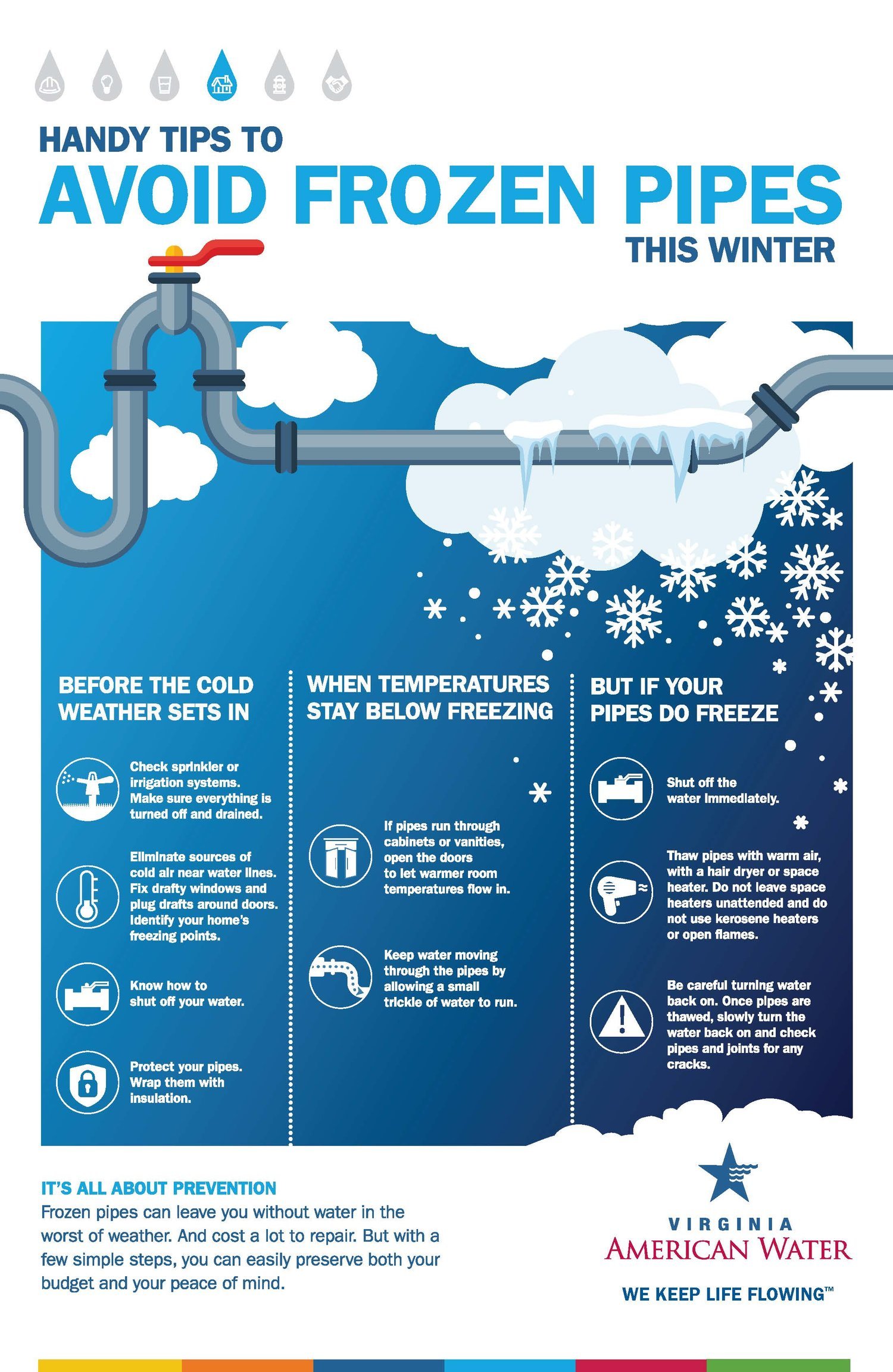How to Protect Your Home From Freezing Temperatures This Winter
As this crazy winter weather passes through Washington State, we're seeing more reports of frozen and burst pipes, causing an unimaginable amount of damage! Whether you're a landlord, homeowner, or renter, here are some helpful tips to keep your home safe this season:
Maintain a Warm Environment: Set your home thermostat above 55 degrees during cold weather, even when you're away. Keeping a consistent temperature helps prevent pipes from freezing.
Let Water Drip: During extreme cold, allow a faucet to drip cold water, especially those far from the main valve. The movement of water prevents freezing.
Insulation is Key: Insulate pipes, especially in unheated areas like basements, attics, and garages. Use insulation materials available at hardware stores and follow manufacturers' instructions.
Open Cabinet Doors: Open cupboard and vanity doors to let warm air circulate around the pipes.
Outdoor Preparations: Disconnect garden hoses, shut off and drain outdoor faucets, and insulate hose bibs. For in-ground irrigation systems, follow the manufacturer's instructions to drain them.
Shut Off Valves: Familiarize yourself with the location of your main shut-off valve, usually found where the water supply enters the house or in a concrete box near the street.
Seal Drafts: Caulk around pipes where they enter the house and seal air drafts around fixtures. Close off crawl spaces and insulate walls and attics.
Be Ready for Emergencies: Have a plan for shutting off electricity, gas, and water in case of a pipe burst.
If You Encounter Frozen Pipes:
Check with Neighbors: First, ensure the issue isn't a broader main break by checking if neighbors are also affected.
Shut Off the Water: Turn off the water immediately at the main shut-off valve.
Open the Faucet: Keep the faucet open during the thawing process to allow water to flow through once melted.
Apply Heat Safely: Use a hair dryer or towels soaked in hot water to thaw the pipes. Avoid open flame devices or anything that could ignite flammable materials.
Restore Water Gradually: Once thawed, slowly turn the water back on and check for leaks or cracks.
Call a Professional if Needed: If you can't locate or reach the frozen section, or if you're unable to thaw it, it's best to call a licensed plumber.
If Your Pipes Burst:
Shut Off Main Valve: Immediately turn off your main water valve to prevent flooding.
Call a Plumber: Seek professional help for repairs.
Electrical Safety: Be cautious of electrical systems if there's flooding. Shut off the electricity if necessary.
Check for Structural Damage: After repairs, it might be wise to have a foundation contractor assess your home for any deeper damage.
Following these guidelines will help protect your pipes from the harsh winter weather in Washington State, particularly in the Tacoma and Seattle areas. Remember, prevention is key to avoiding costly repairs and the inconvenience of dealing with frozen or burst pipes.


